Why Choose Yashoda Hospitals for Coronary Angioplasty(PTCA)?
Yashoda Hospitals offers advanced cardiac treatment with personalized care and cutting-edge surgical techniques.
01.
Leading Surgical Center
Yashoda Hospitals is recognized as the Best Hospital for Coronary Angioplasty PTCA Surgery in Hyderabad, offering exceptional surgical care services.
02.
Expert Surgical Team
Our highly experienced surgical team specializes in performing advanced angioplasty surgery procedures, ensuring optimal outcomes for all patients.
03.
Cutting-edge Facilities
Equipped with state-of-the-art technology and advanced medical equipment, our facility provides the perfect setting for precise and accurate angioplasty services
04.
Dedicated Surgical Care
Our dedicated surgical care team is committed to guiding you through every step of your journey.
What is Coronary Angioplasty(PTCA)?
A minimally invasive procedure called percutaneous transluminal coronary angioplasty, or PTCA, opens congested or blocked coronary arteries to allow the heart muscle to receive enough blood flow again.
These blockages, caused by lipid-rich plaque accumulation, impede blood flow and are characteristic of atherosclerosis, a disorder characterized by plaque accumulation in the arteries. Coronary artery disease (CAD) results from atherosclerosis affecting the coronary arteries.
| Procedure Name | Coronary Angioplasty(PTCA) |
|---|---|
| Type of Surgery | Major |
| Type of Anesthesia | Local Anesthesia |
| Procedure Duration | Depends on number of stents placed |
| Recovery Duration | 3 Days |
Coronary Angioplasty(PTCA): Pre-Op & Post-Op Care
Preparation for Coronary Angioplasty
The area where the catheter will be inserted is cleaned and numbed before monitoring devices are attached to track vital signs throughout the PTCA procedure.
During the PTCA:
Catheter Insertion: A thin, flexible tube (catheter) with a deflated balloon at its tip is inserted into a large artery, often in the leg or the radial artery in the forearm.
Guidance to the Blocked Artery: The catheter is carefully guided through the arteries using X-ray guidance to reach the blocked or narrowed portion of the coronary artery.
Balloon Inflation: This inflation compresses the artery walls, widening the narrowed passage and restoring normal blood flow.
Coronary Artery Stenting (if needed): In some cases, a stent (a small wire mesh) may be placed at the blocked area to provide structural support and prevent re-narrowing of the artery.
Recovery After Coronary Angioplasty
- Within the first 24 to 48 hours following an angioplasty, carefully follow the instructions given by the doctor. Generally, this means keeping the incision site clean and dry to avoid infection.
- Avoid excessive physical activity and refrain from lifting heavy objects for a week following surgery, unless your doctor instructs you otherwise.
- Regularly taking any medications prescribed by a doctor is very important. especially if they include blood thinners, which help prevent blood clots from forming around the stent.
- Maintaining a heart-healthy diet, which includes eating a lot of fruits, vegetables, and whole grains while avoiding high-fat, unhealthy foods, salt, or processed foods.
- Participating in exercises and rehabilitation programs will enhance cardiovascular fitness via exercise training, nutritional guidance or counseling, and stress control techniques.
Benefits of Coronary Angioplasty(PTCA) at Yashoda Hospitals
- Reduces the mortality rates & increases the likelihood of survival.
- Improves the symptoms, such as chest pain & breathing difficulty.
- Minimizes the need for bypass surgery.
- Minimally invasive surgery.





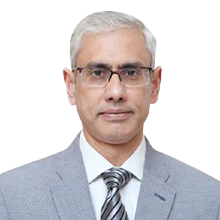





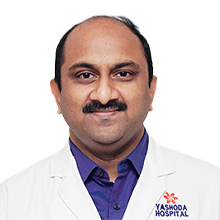











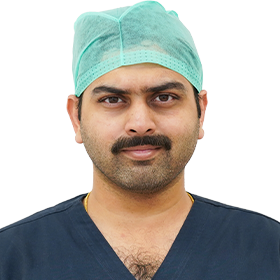




















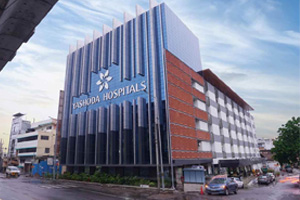
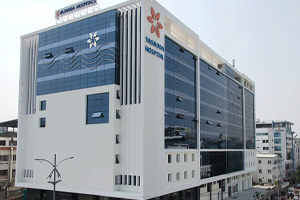
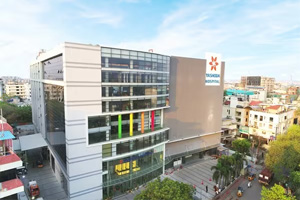
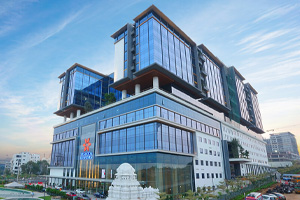
 Appointment
Appointment WhatsApp
WhatsApp Call
Call More
More

